Please read the LPHS Chemistry Disclosure Document carefully.
You will turn in the signature page with your specific teacher's name at the top.
Berrett | Erekson | Mitchell | Wentz
You will turn in the signature page with your specific teacher's name at the top.
Berrett | Erekson | Mitchell | Wentz
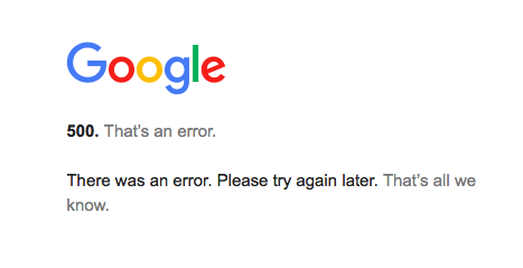
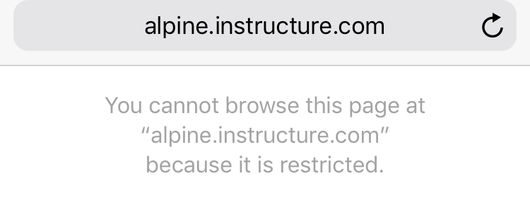
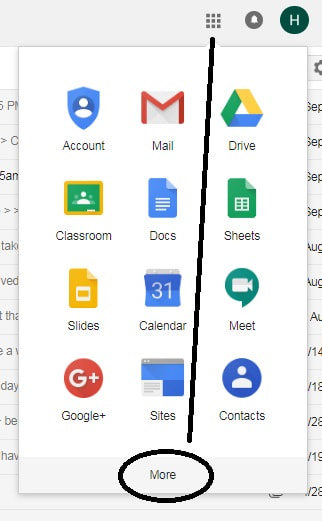
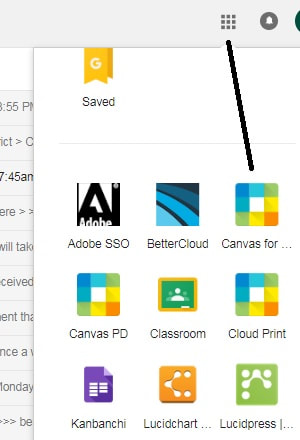
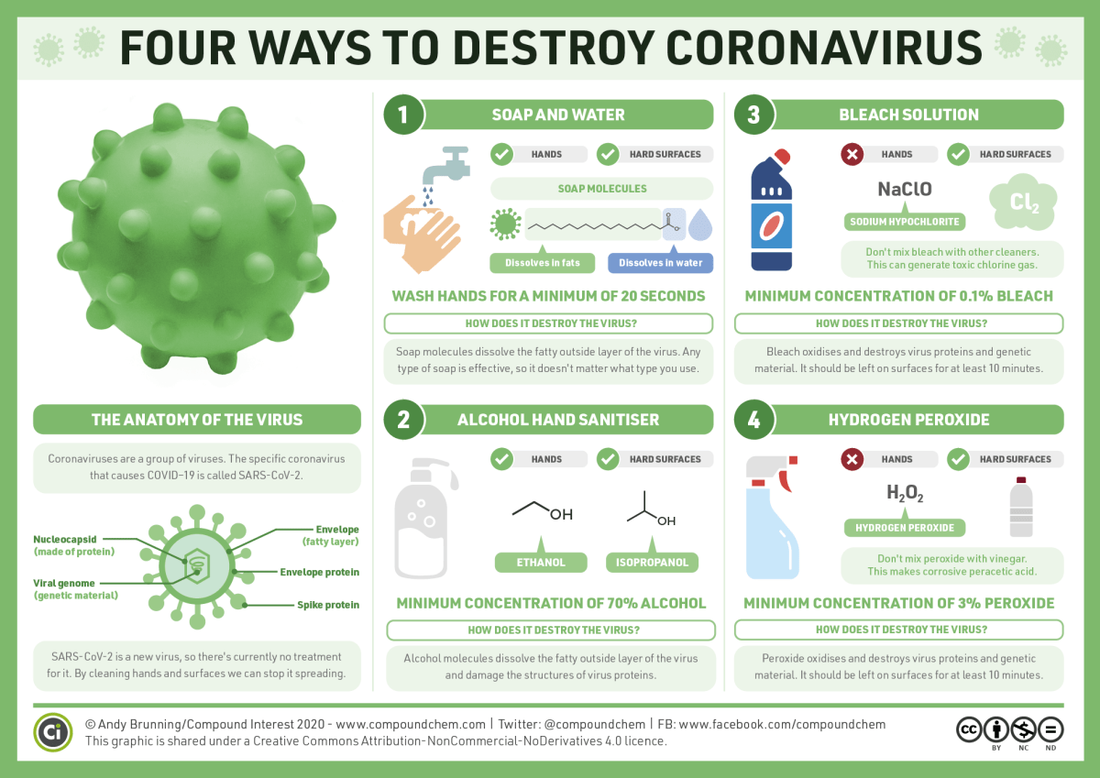
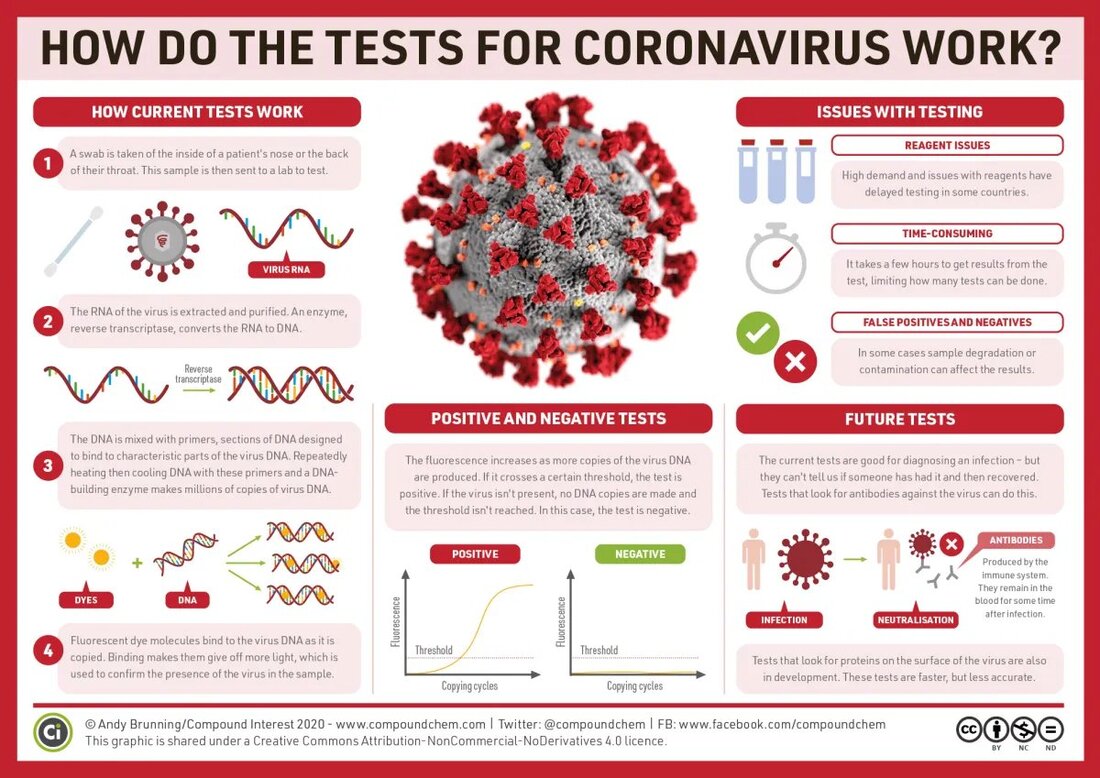
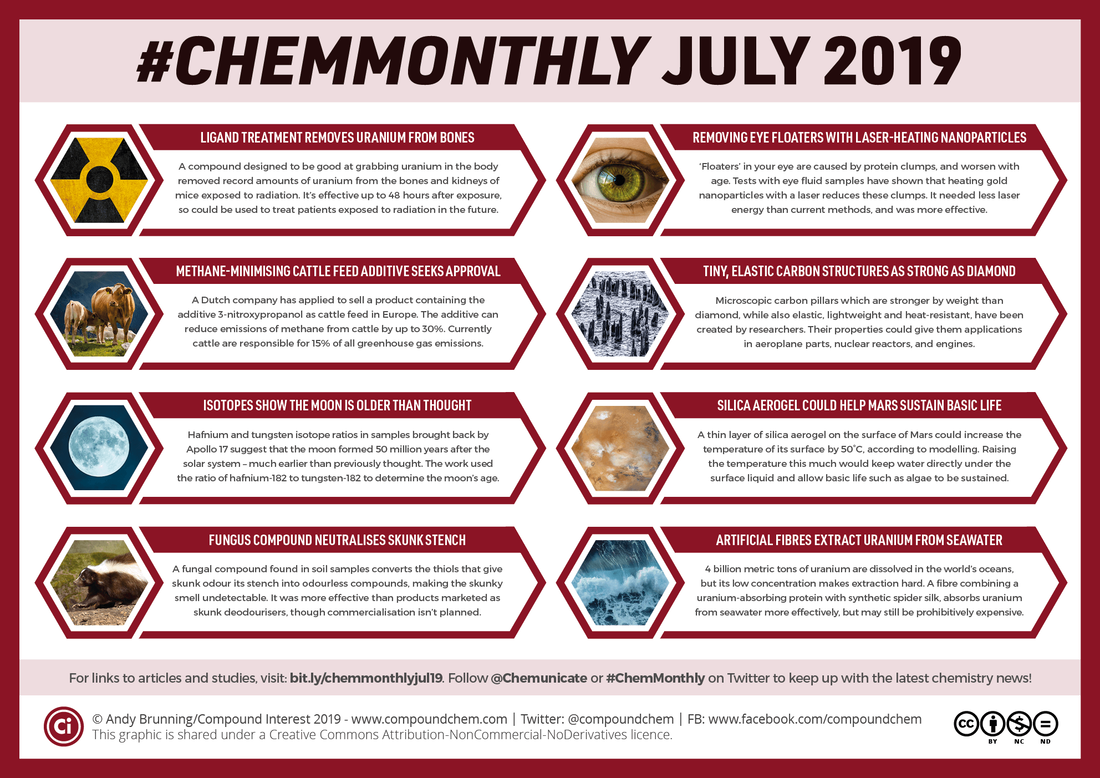
 RSS Feed
RSS Feed